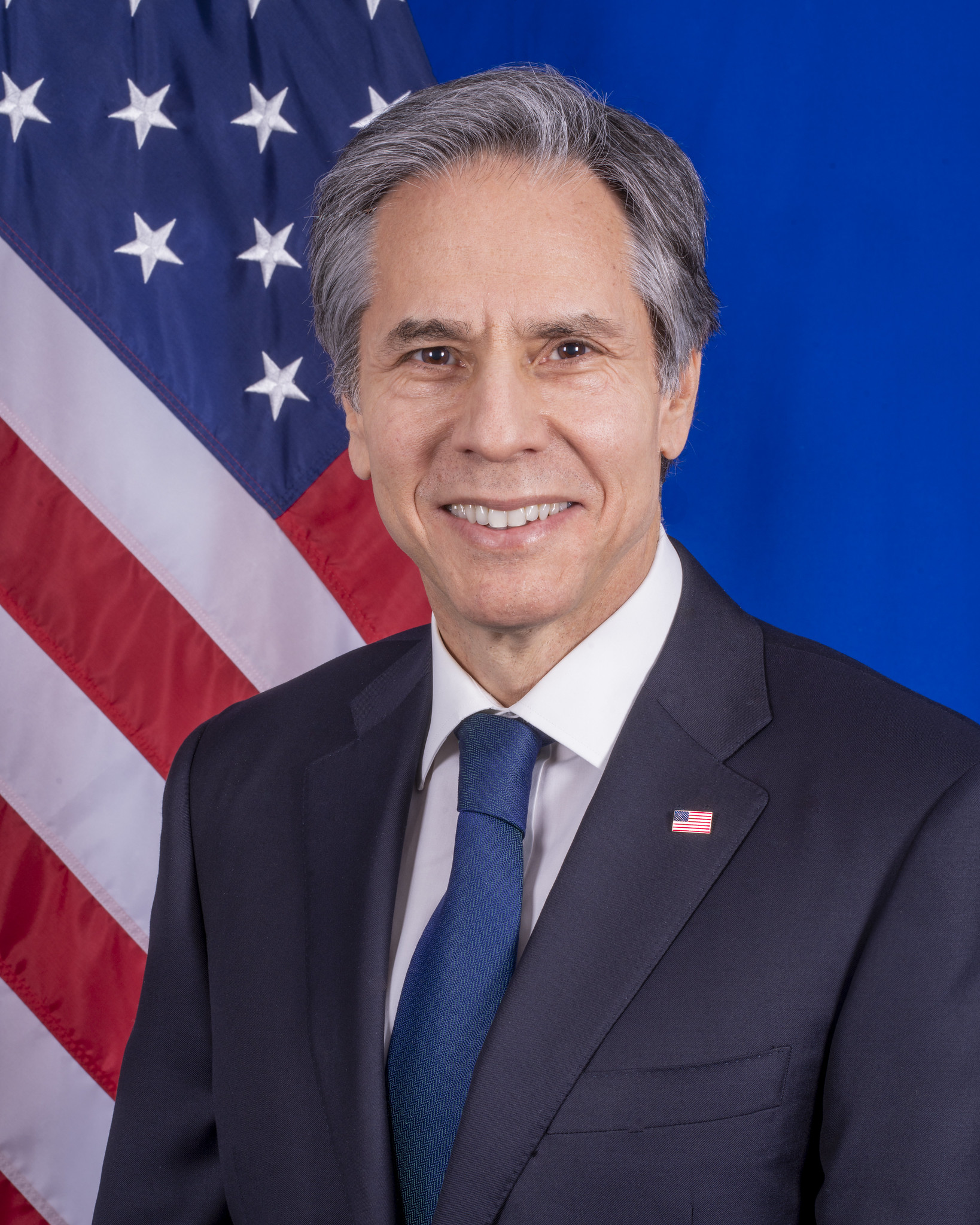- 22 March 2024
PERFECT SOLUTIONS FOR KUSH ERADICATION

Secretary Antony J. Blinken
U.S. DEPARTMENT of STATE
The devastation of synthetic drugs affects every town, every city, every state in the United States. More than 40% of Americans know someone who died from an opioid overdose. The number one killer of Americans between the ages of 18 and 45 is fentanyl.
But this crisis is no longer unique to the U.S. In countries across the world, the use, dependence, and overdose deaths by synthetic drugs are rising rapidly.
That’s why I addressed the UN Commission on Narcotic Drugs in Vienna — the first time a U.S. Secretary of State has joined for a session — because this is a problem that no one country can solve alone.
Secretary Blinken delivers remarks in Vienna at the 67th Session of the UN Commission on Narcotic Drugs. (Official State Department photo by Chuck Kennedy). Every region is experiencing a dramatic increase in synthetic drug use, addiction, and overdose deaths – from tramadol in Africa, to fake Captagon pills in the Middle East, to ketamine and amphetamine in Asia.
With fentanyl, the United States has been something of a canary in the coal mine. It hit us hard, it hit us first. But now we’re seeing that as markets are saturated, criminal enterprises are trying to make markets in other parts of the world. Criminal organizations that manufacture and traffic synthetic drugs are also extorting local businesses, corrupting politicians and security forces, trafficking women and children.
In an interconnected world, criminal organizations quickly exploit weak links to make, to move, and to market their increasingly potent and dangerous synthetic drugs. Chemical precursors manufactured in one country transit through others. They get to a third where they’re synthesized and then come into the United States or other countries, hitting our streets and killing our people. So we have to work together to get at every link in this chain.
This is a problem that no one country can effectively solve alone. That’s why we are working alongside 151 countries and 14 international organizations to stop the manufacturing of synthetic drugs and strengthen public health resources.
Here are just a few of the actions we are taking:
Partnering with social media companies to disrupt illicit trade on their platforms. The United States and the UN Office on Drugs and Crime recently launched a new collaborative effort with Meta, Snap, and others to disrupt synthetic drug activity online and instead to have these platforms use their influence to educate users about the risks.
Increasing funding for health interventions to reduce drug use. In September, we committed $100 million to fund global efforts aimed at tackling synthetic drug threats. We plan to significantly expand that support with an additional $170 million next year. We’ll continue to put more resources than ever before into addressing the challenge at home, such as our efforts to significantly increase access to naloxone and prevent overdose deaths.
Regulating the chemicals that are used to illicitly make synthetic drugs. We’re advocating for the addition of two chemical precursors to the international control list. These are the ingredients that go into making synthetic drugs. Making sure that those key ingredients are controlled is one of the most effective ways to make sure that they’re not illicitly transferred and turned into something like fentanyl.
The time to address this crisis is now. And there is only one way to succeed: together.
